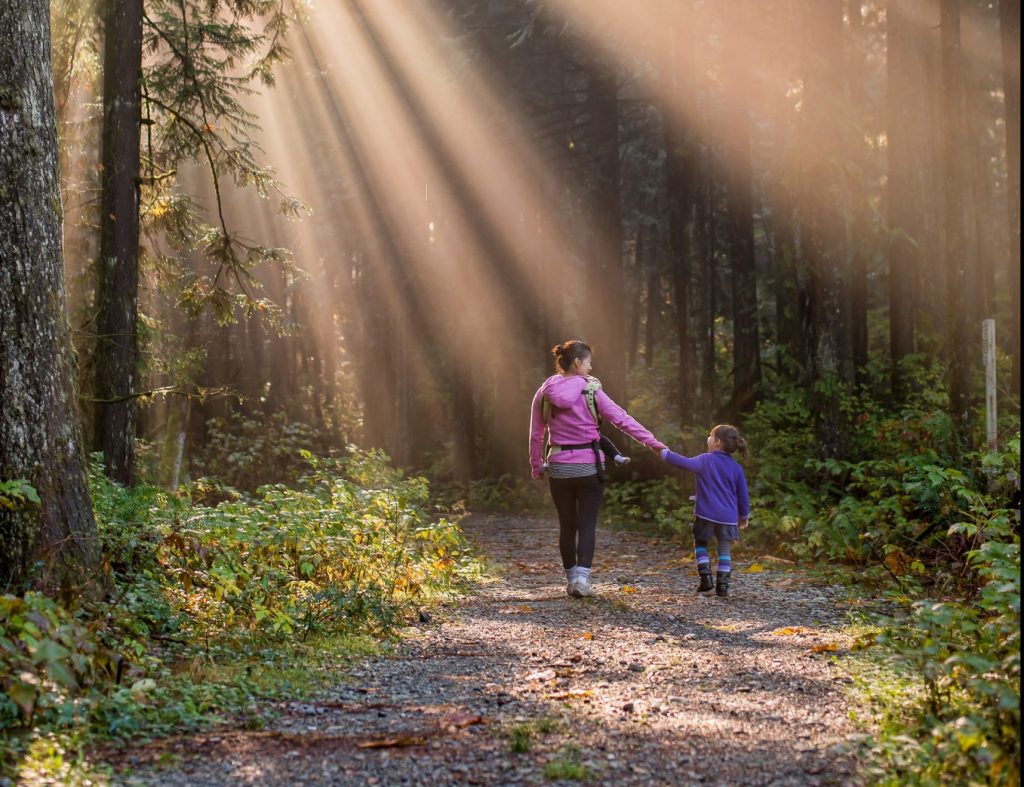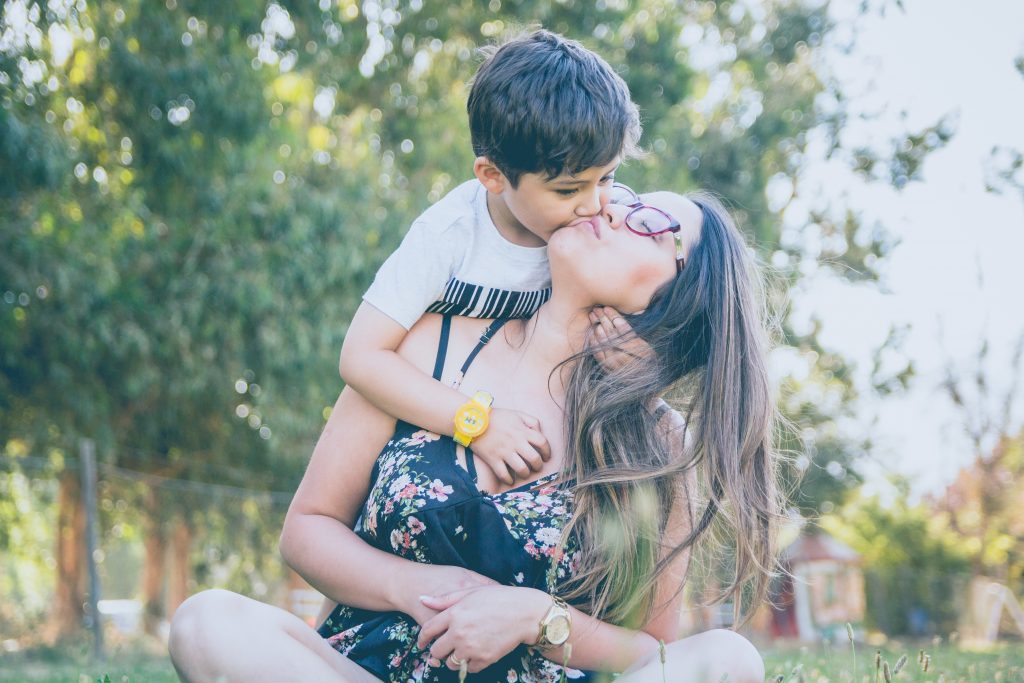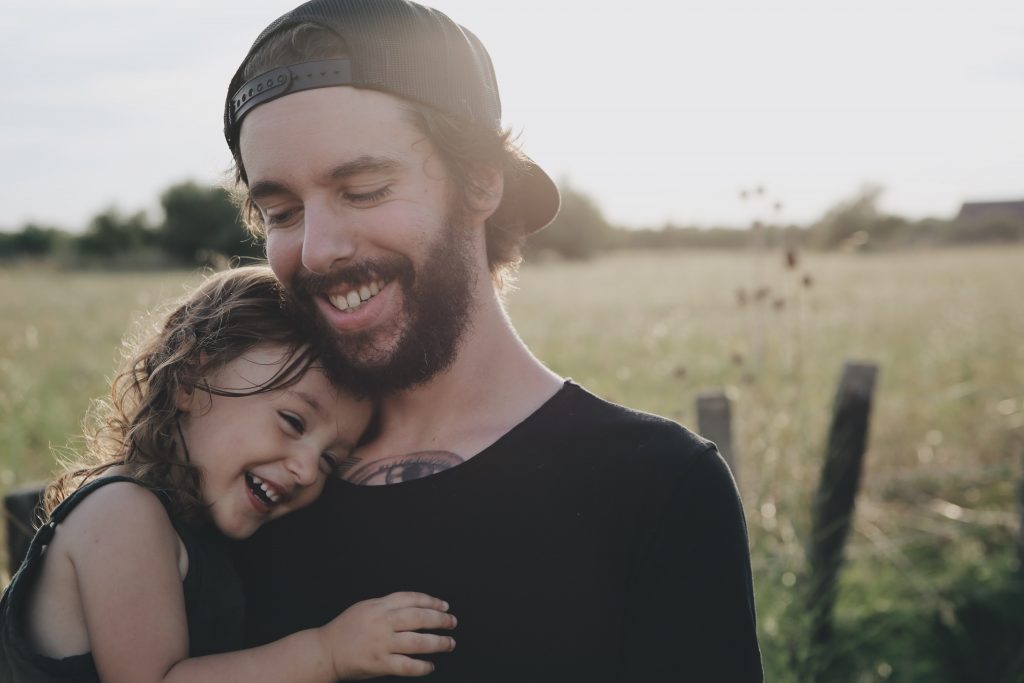
Panic buying and travel bans, cruises and quarantine – it seems like Coronavirus is the world’s exclusive topic of discussion! While it’s normal to feel slightly anxious as an adult, the news cycle can certainly ramp up some big, confusing feelings in your little ones.
As an organisation that works directly with children, it can be hard for us to watch our children feeling uneasy – and in some cases frightened.
With children in our centres beginning to discuss and express concern about the coronavirus, we spoke to Dr. Emma DeCicco, Clinical and Principal Psychologist at The Dash Health Hub Perth, for some practical tools and strategies. Dr. DeCicco recommends these 8 tips below to discussing COVID-19 with your child. (And in the meantime if anyone knows where toilet paper is in stock in Perth – DM us!)
1. Create communication pathways between the caregiver and child/ren.
Choose a safe and quiet environment to curiously explore what the child/ren know about Coronavirus and whether they have any concerns / worries or questions. Some children might not have words for these feelings, so you can ask if they have funny feelings in their body or get them to draw a picture, or act out their worries with toys.
2. Normalise worries & concerns.
It is natural for adults and children to feel scared or nervous when something is threatening or unpredictable. Normalise any worries or fears using empathy “It’s totally normal to feel afraid or scared and you’re safe with me to talk about it” “I feel scared sometimes too, all people do, but it’s ok because I am here to look after you”
3. Talk about their worries & concerns.
If worries or concerns are present talk about a) what it can feel like in their bodies (butterflies in your tummy etc) and b) how you feel when you are experiencing nervousness or anxiety. Brainstorm ideas to help the child/ren feel safer, e.g., you can talk to someone, you can do some balloon breathing, what do you need to feel safer right now? etc
4. Remain Calm & Factual.
Children respond best to being provided with age appropriate information. Remember, stick to the facts that they can understand e.g., “Coronavirus is a bug that you can catch just like a cold and for most people it is just like having a cold”
5. Limit exposure to media that is perpetuating panic.
This form of information is uncontrolled and most often very unhelpful for children as it feeds fear.
6. Encourage usual hygiene practices.
“e.g., we wash our hands so that we can wash the bugs away”. Limit contact with those whom are ill, but explain that “this is what we do with all bugs, not just the coronavirus”
7. Keep communication open.
Encourage your child/ren to talk to caregivers / safe adults and by checking in with child/ren to ask if they have any questions.
8. If the child/ren are showing ongoing anxious distress.
If the child is refusing to go to school, feeling very scared all the time, repeated nightmares, unusual bed wetting etc. then seek professional support from a GP and psychologist.
For more information on Dash – Health Hub head to their website


